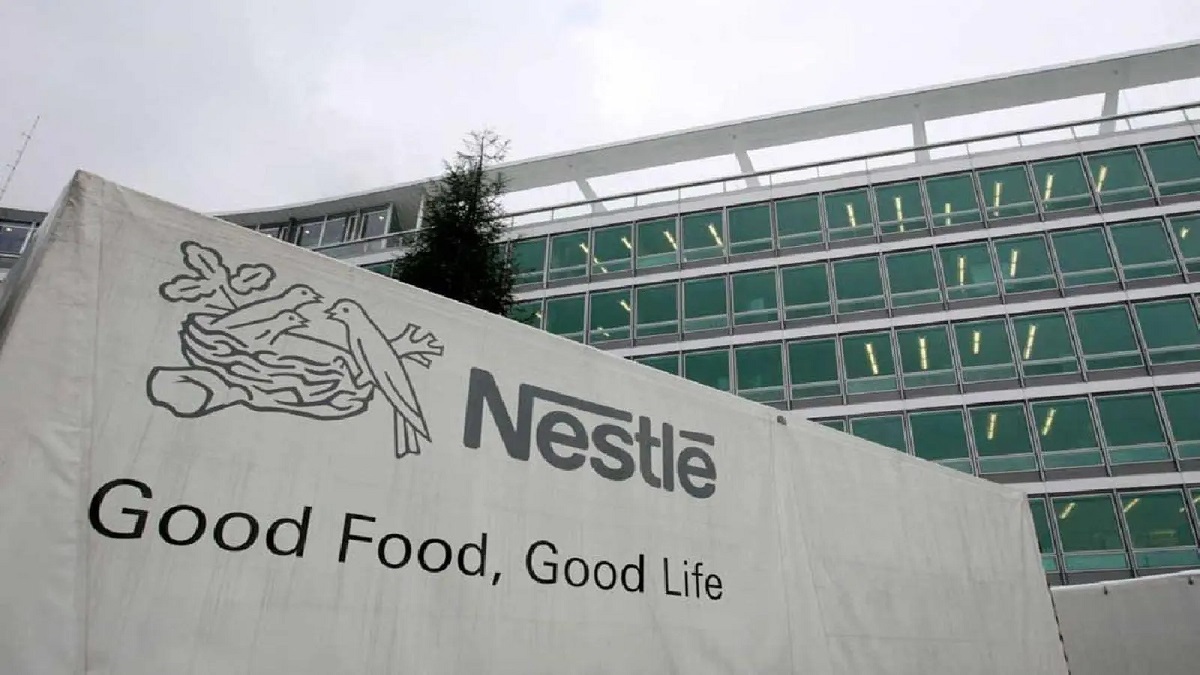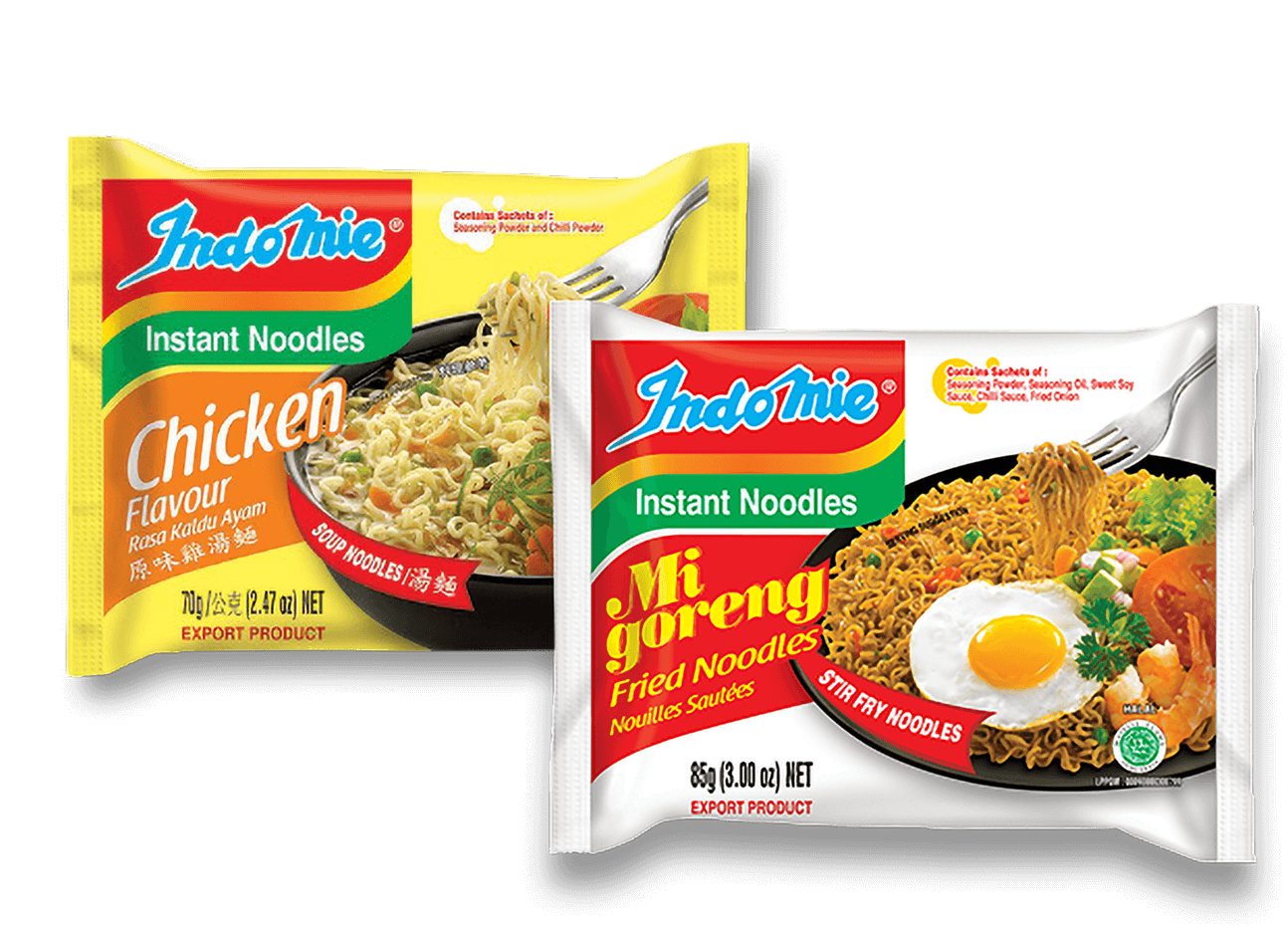
Introduction
Nestlé Nigeria is a household name synonymous with quality and nutrition. As a subsidiary of Nestlé S.A., the world’s largest food and beverage company, Nestlé Nigeria has played a significant role in enhancing the lives of millions through its wide range of products. With a focus on sustainability and innovation, the company continues to lead in providing nutritious, affordable, and high-quality food solutions.
This article delves into Nestlé Nigeria’s history, organizational structure, products, and its impact on the Nigerian economy.
—
1. History of Nestlé Nigeria
Nestlé Nigeria began operations in 1961, establishing its first factory in Agbara, Ogun State, in 1981. Over the years, the company has expanded its product portfolio to cater to the nutritional needs of Nigerians across all age groups.
Today, Nestlé Nigeria is a leader in the food and beverage sector, producing iconic brands like Milo, Maggi, and Golden Morn. The company is listed on the Nigerian Stock Exchange, further solidifying its commitment to the local economy.
—
2. Organizational Structure
Nestlé Nigeria operates through a structured framework designed to ensure efficiency and quality:
– Executive Leadership: Oversees strategic decisions and aligns operations with global standards.
– Manufacturing and Operations: Manages production facilities and ensures quality control.
– Sales and Marketing: Drives consumer engagement and product distribution.
– Research and Development: Focuses on creating innovative and nutritious products.
– Corporate Affairs and Sustainability: Manages CSR initiatives and promotes sustainable practices.
—
3. Nestlé Nigeria’s Brand Promise
Nestlé Nigeria is committed to “Good Food, Good Life.” Its brand promise includes:
– Nutrition: Providing products that enhance health and well-being.
– Quality: Maintaining high standards across all product lines.
– Sustainability: Minimizing environmental impact through eco-friendly practices.
—
4. Key Products Offered by Nestlé Nigeria
Nestlé Nigeria’s diverse product portfolio caters to the needs of families and individuals:
a. Milo
A fortified chocolate beverage that provides energy and essential nutrients.
b. Maggi
A range of seasonings that enhance the flavor of meals while offering nutritional benefits.
c. Golden Morn
A nutritious cereal made from locally sourced grains.
d. Nestlé Pure Life
Bottled water that ensures hydration with quality and purity.
e. Nescafé
Instant coffee solutions for everyday energy and enjoyment.
—
5. Technology and Innovation
Nestlé Nigeria leverages advanced technology to maintain its competitive edge:
– State-of-the-Art Factories: Equipped with modern machinery to ensure consistent quality.
– Sustainable Sourcing: Supporting local farmers through initiatives like the Maggi Women Farmers Program.
– Product Fortification: Enhancing products with essential vitamins and minerals.
—
6. Corporate Social Responsibility (CSR)
Nestlé Nigeria is deeply committed to giving back to the community through its CSR initiatives:
– Nutrition Education: Programs like “Nestlé for Healthier Kids” promote healthy eating habits.
– Youth Empowerment: Training young Nigerians in technical skills and entrepreneurship.
– Environmental Sustainability: Initiatives to reduce plastic waste and conserve water.
—
7. Challenges and Future Outlook
While Nestlé Nigeria faces challenges such as fluctuating raw material costs and economic volatility, its focus on innovation and sustainability ensures continued growth. Future plans include:
– Expanding Product Lines: Introducing more health-focused and affordable options.
– Strengthening Local Partnerships: Collaborating with farmers and suppliers to boost local sourcing.
– Enhancing Digital Presence: Leveraging e-commerce and digital platforms for greater reach.
—
Conclusion
Nestlé Nigeria has been a cornerstone of the country’s food and beverage industry, offering products that nourish generations. Its commitment to quality, nutrition, and sustainability has solidified its position as a trusted brand. As Nestlé Nigeria continues to evolve, it remains dedicated to improving lives and contributing to the nation’s development.
—



